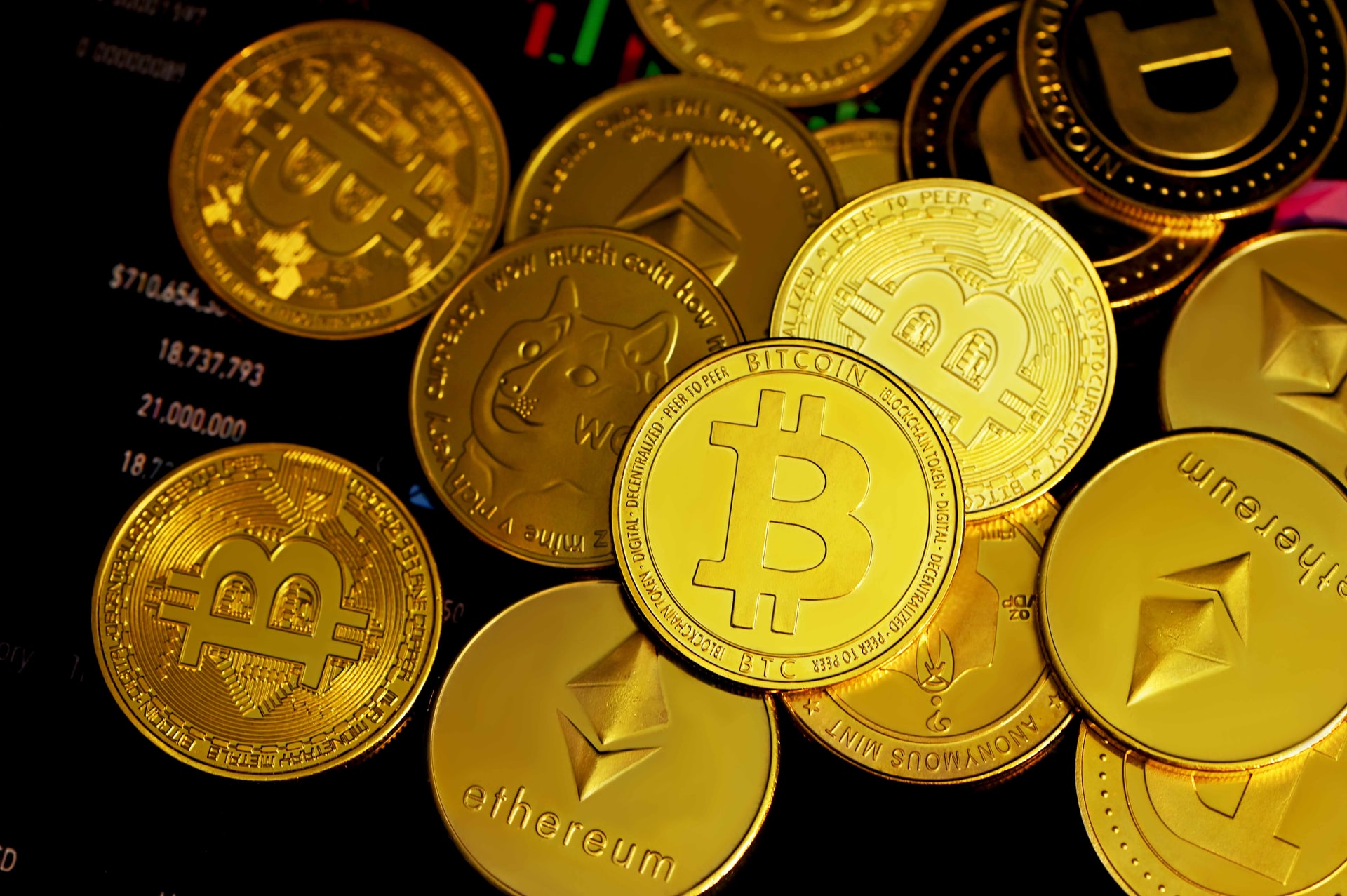Since Bitcoin’s creation and rapid price movement, many people have invested in crypto or dabbled in the space. However, some people are on the fence about crypto, wondering if a decentralized virtual currency is safe and makes sense for building wealth. We will discuss the viability of cryptocurrencies and assess some factors to consider before investing in crypto.
Is Crypto Legal?
Crypto is legal in most countries. You can buy and sell crypto without worrying, but you should still check. While you can trade crypto in the United States, it is illegal in China. The legality of crypto in most countries doesn’t make it legal tender. Merchants can choose whether to accept or reject payments made in Bitcoin. Merchants must accept legal tenders such as the U.S. dollar and other fiat currencies for purchases.
Is Cryptocurrency Real Money?
Consumers can exchange real money for goods and services. Following this definition, cryptocurrencies are real money with intrinsic value. Crypto derives its intrinsic value based on public sentiment. As more merchants let customers buy goods and services through crypto, the decentralized blockchain technology increasingly becomes viable.
Some cryptocurrencies have more ‘real money’ properties than others. Thousands of merchants accept Bitcoin as payment, and more may join them in the future. Crypto has attractive characteristics, such as its decentralized nature, which helps consumers avoid fees when sending crypto overseas. Other cryptocurrencies are more speculative. Some people ride new cryptocurrencies, hoping merchants will accept them in the future. Less established cryptocurrencies present investors with high-risk, high-reward opportunities. If less established cryptocurrencies become mainstream and merchants accept them as payment, their prices can soar. Without this dynamic, a less conventional cryptocurrency remains speculative since it’s not being used as a medium of exchange for goods and services.
The Risks of Cryptocurrency
Every asset has some level of risk, and cryptocurrencies are no exception to the rule. Investors should consider the following risks when assessing how crypto can work for them. You can manage risk by tracking expenses and keeping your money in check.
Volatility
Cryptocurrencies are incredibly volatile and require patience or a day-trading mentality. Crypto assets can shoot up 20% in a few days or fall by the same amount in under a week. Altcoins have more dramatic volatility than Bitcoin, creating a risky environment with a high potential payoff.
Lost Keys
Many crypto enthusiasts flock over to the digital currency for its decentralized platform. A central authority does not control the money supply and can’t restrict access to your holdings. However, a decentralized authority makes it harder to find help, and if you lose your digital keys, you’ll get locked out of your holdings. You can’t ask a central authority for a new code to access your crypto wallet. You can avoid this risk by holding onto your digital keys, a code you use to open your digital wallet.
Investment Hype
Cryptocurrencies have produced life-changing returns for early investors. Some people turned a few hundred dollars into over $1 million because of timely crypto investments. Unfortunately, any investment with those historical returns can generate too much hype. Speculators rush into cryptos and fear missing out on the next opportunity. Many of these speculators rush for the exits when short-term narratives change or the crypto suffers unfavorable price movement. Crypto’s volatility will amplify investors’ emotions. A random 10% increase will make any investor feel savvy, while an immediate 10% drop can trigger a rush for the exits.
Some analysts share dramatic price targets based on current movements. If Bitcoin increases by $10,000 in a month, some analysts may predict a $50,000 upside by the end of the year. Similar declines can result in some analysts predicting crypto will hit zero. Establish your opinion on crypto and decide if you’ll hold onto it for the long term. You should also consider what would make you change your mind, which extends beyond a friend’s or analyst’s opinion.
Phishing
Hackers will use several tricks to access your crypto and other personal information. Carefully review each email before clicking a link or responding to a message. Downloading a sketchy file or entering your personal details on a fake form gives the hackers resources they can use against you. Some hackers obtain private keys with this strategy. Since you can’t get new private keys, you’ll have to empty your wallet before the hacker beats you to it.
Theft and Scams
Some people steal crypto from other people’s wallets. They take advantage of human error and present themselves as reputable companies. If ransomware gets installed on your computer, hackers may request a payment in Bitcoin to reclaim computer files. Scammers use different approaches than thieves, but they have the same goal: part of your money.
Some scammers buy an altcoin and then tell everyone else about it. After the altcoin rises high enough, the scammer unloads the position in a pump-and-dump scheme. Scammers may promise to increase your holdings and ask for your private keys to fulfill this objective. These scammers often run off with your holdings, and you’ll never hear from them again. If someone asks for payment via crypto or asks for sensitive information such as your private keys, the person is probably a scammer.
Regulation
Cryptocurrencies are currently legal in the U.S., but that ruling can change at any time. China’s stance on crypto demonstrates that governments can change their minds about it at any moment. Some regulations may not ban crypto but make it less appealing. Investors should monitor how countries perceive crypto and the new laws they make in response to virtual currencies.
Limited History
Bitcoin was launched in 2009, and it didn’t become a household name until several years later. Altcoins have even less history, creating a Wild West feeling for some of these assets. Some companies have withstood recessions, wars, and other tumultuous eras. Crypto gained momentum during the longest bull market in U.S. history. Inflation, rising interest rates, and supply chain issues will help us understand how cryptocurrencies respond to economic pressure.
How To Keep Your Crypto Safe
Cryptocurrencies offer great potential, but you have to take extra precautions to keep your holdings safe. You can use the following protocols to protect your crypto.
Research Any Wallet or Exchange Before You Buy
Look at customer reviews and do your research before choosing a wallet or crypto exchange. Some due diligence will prevent you from getting scammed and help you find the best choices. In addition, some cryptocurrency exchanges have more perks for their users, translating into a better investing experience.
Research The Cryptocurrencies You’re Investing In
Investors buy assets because they believe prices will rise in the future. Any crypto investor believes in the long-term narrative, but you should develop a detailed opinion for each crypto you buy. You should identify the pros and cons of each cryptocurrency and not let price charts influence your decisions. Relying on short-term momentum leads to stronger emotional decisions. Letting emotions guide your decisions can sting during volatility and make you miss out on long-term growth. Doing your research before buying a cryptocurrency will make you more confident in the asset.
Store Your Crypto in a Secure Wallet
Storing your crypto in a secure wallet is a great way to safeguard your holdings. Keeping your crypto holdings offline will protect them from hackers. Offline wallets are typically the safest, keeping your funds away from online hacks and security breaches.






